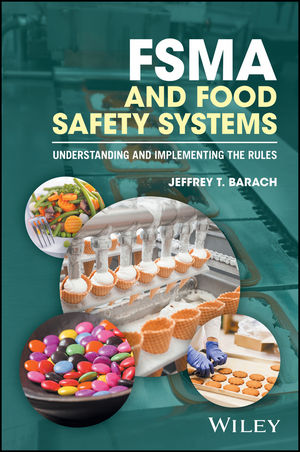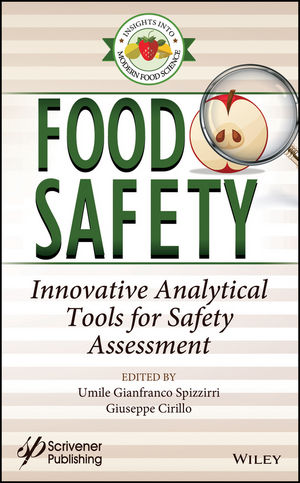EU Reports on Official Controls Related to Food Safety Laws

The EU recently published a report on EU Member States’ execution of official controls in 2019–2020. The report suggests that there is a need to improve inspection programs throughout the EU, as factors related to the COVID-19 pandemic and Britain’s exit from the EU caused difficulties for Member States’ inspection programs. It was also noted that Member States’ national agencies made decisions based on risk assessments to delay or reduce certain controls, as well as conducted some inspection and audit functions remotely.
In 2020, of the 4.1 million official controls carried out across 26 EU nations, 665,000 were deemed non-compliant. Additionally, 388,000 administrative sanctions and 12,700 judicial actions were issued in response to non-compliances. Foodservice and wholesale foods were the subject of the majority of non-compliances and sanctions, with 9,500 legal actions being taken in relation to food safety. Fresh meat was the biggest offender of microbiological non-compliance, while produce and beverages were the most non-compliant products for contaminants due to pesticides. The report also identified common non-compliances in the agri-food sector, such as facility maintenance, hygiene, food storage, Hazard Analysis and Critical Control Points (HACCP) procedures, food handling, and adherence to expiration or sell-by dates.
The report also discussed audits and checks that were conducted on Member States’ official control systems. Problem areas included cross-contamination in the production of certain ready-to-eat foods, non-permitted activities related to horse meat, and general room for improvement in controls related to frozen fruit and vegetables. Additionally, the audits revealed adequate compliance with Salmonella requirements for poultry production throughout the EU.
Looking for a reprint of this article?
From high-res PDFs to custom plaques, order your copy today!








